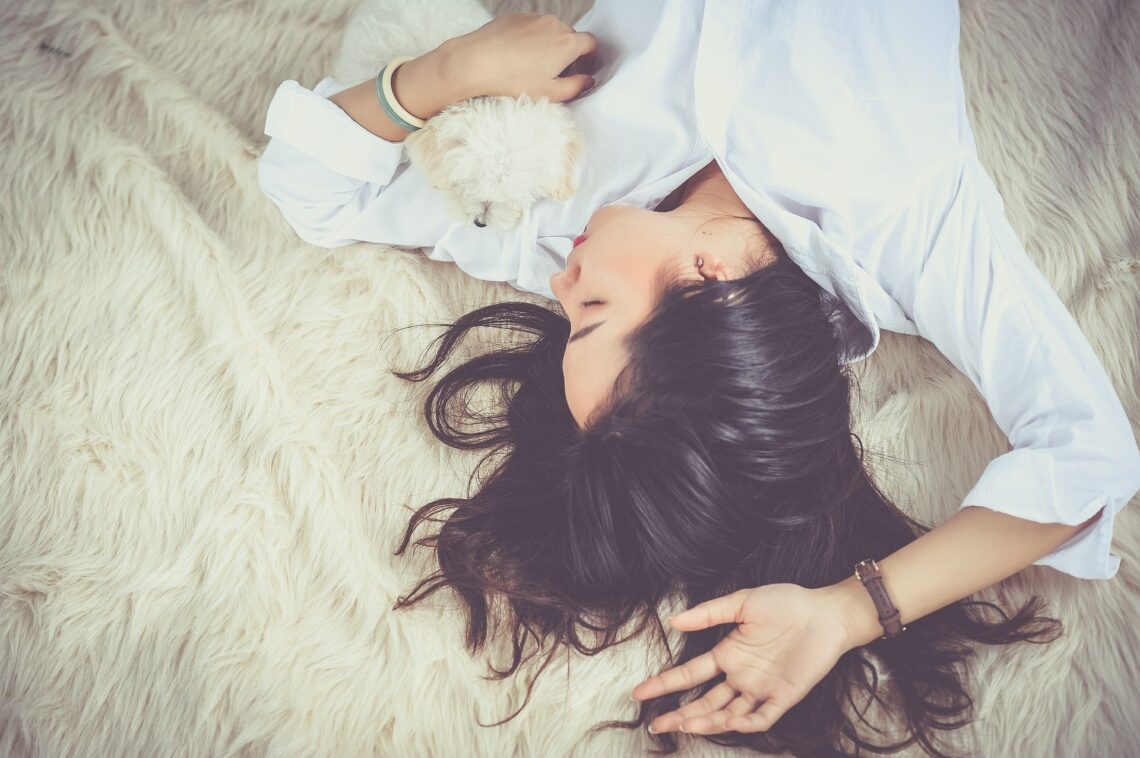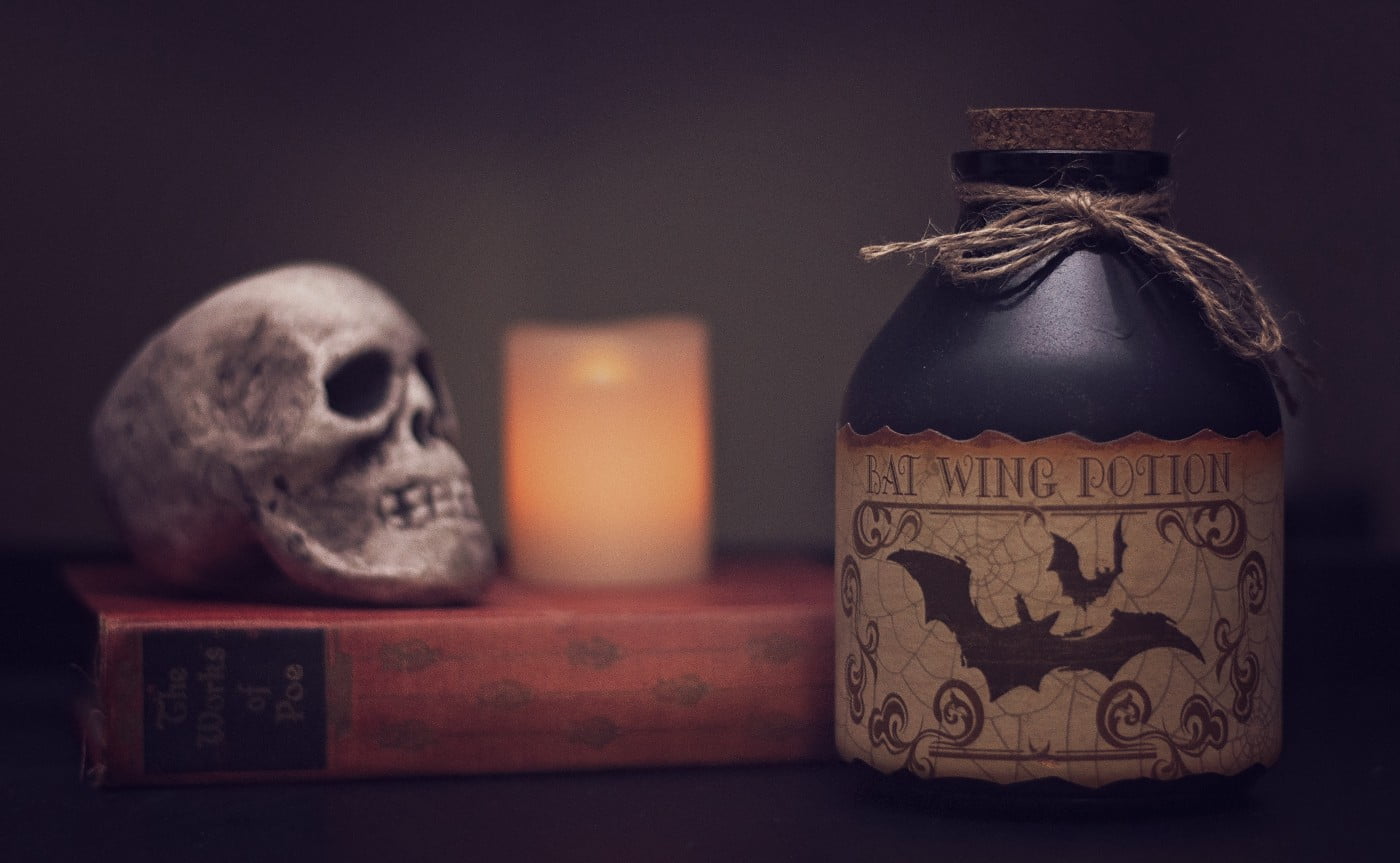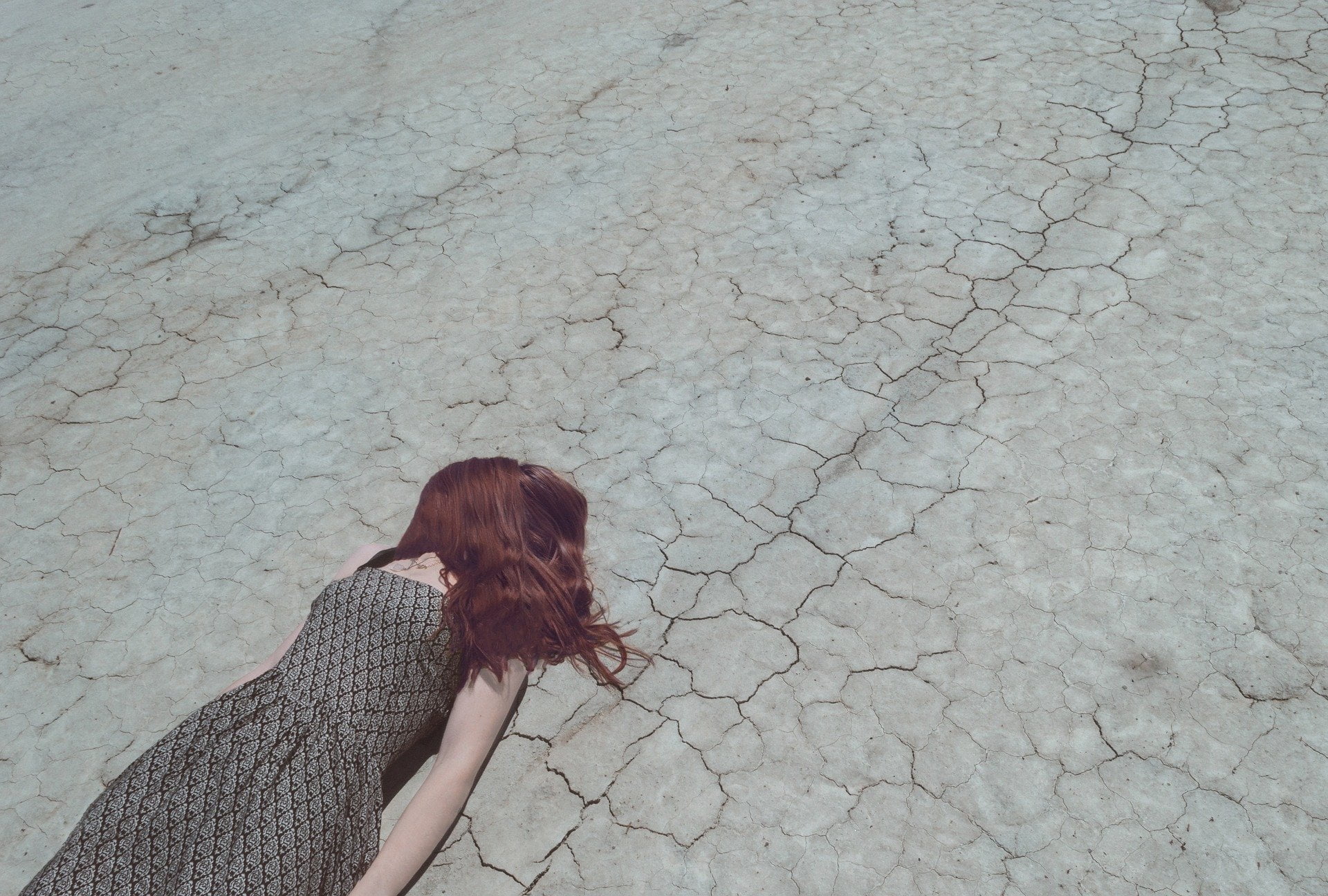
The Simple Thing That Cured My Anxiety-Induced Insomnia
Being overly strict about my nightly routine made all the difference.
The pandemic ruined my sleep schedule. Like most young professionals, I started working at home in spring 2020. With that adjustment to my schedule came a lot of blurred boundaries and days where I was staring at a screen for fifteen hours straight. Add to it the general anxiety I was feeling from when COVID-19 first started showing up in the US, and I was a mess. There were several days — weeks, even — in the spring and summer last year where I was running on little to no sleep.
I’m the kind of person who needs her sleep. I can’t function well with less than eight hours a night (and would prefer an extra hour or two, if I’m being honest.) When my anxious thoughts and underwhelming daily schedule were at their peak last year, I would go to bed and toss and turn for hours. I’d eventually give up on sleep entirely, grabbing my phone from my dresser and finally falling asleep with the screen still lit up in my hand. It wasn’t good.
Even my coworkers started to notice on our almost daily Zoom calls. I’d roll out of bed with four hours of sleep (or less) and slump to my kitchen-table-turned-desk in need of another twenty-four hours of sleep, but forcing myself to put in a full day of work. I’d just smile at their comments and brush it off as a rough night — but there comes a time when you’re having more rough nights than normal nights, and when the sun setting behind the mountains becomes something to dread. I knew I had to do something about my newly-formed bad sleeping habits, and I was finally (after several weeks and months) able to kick my insomnia out of bed for good. Here’s how:
I developed a strict evening routine
You know those people who make nice little YouTube videos about their evening routine where they smile at the camera as they cook their dinner before doing yoga, putting on a face mask, and going to bed? That definitely wasn’t me. I definitely don’t think those people do that every night, either (that’s beside the point), but I decided after what seemed like over a hundred nights of no sleep to try developing my routine.
My only caveat when embarking on this endeavor was that it needed to be doable. That meant no smiling while I cooked myself dinner (that process usually resulted in me spilling something all over myself or all over the floor, which would elicit, instead, a frown.) And no hour-long meditation or yoga routine instead of watching Netflix (I like my shows, and I would not cut them out cold turkey.) But it included things I liked to do and would wind me down — most notably reading.
I decided that at 8:30 every night I would start wrapping my screen time and activities/workup for the day. I’d make sure the dishes were put away, and the countertops were wiped down. I’d fill my cats’ water bowls and scoop their litter boxes. I’d remove my makeup and put on my pajamas. And when 9:00 rolled around, I would put my phone away (after setting my alarm for the morning), turn off the TV, and turn off the lights everywhere except in my bedroom, where I’d crawl under the covers and read for the next hour. No exceptions.
I stuck to my new routine
There’s really not much else to it except that I stuck with this new routine. I think the number one thing that helped me fall asleep every night was the hour before bed where I wasn’t looking at a screen. Even if what I do in that last hour is different, I do my best to never use a screen. Sometimes I journal before reading or only read a chapter or two before my eyes blur the words on the page together, but I don’t pick up my phone until the next morning unless an emergency ensues.
Once I started this routine and really, truly stuck with it, my insomnia began to slowly melt away. Soon I was only tossing and turning for a few hours, and those few hours came in shorter and shorter increments. My mind didn’t shut off and stop thinking about all the things that made me anxious, but it began to not hold on to those things so tightly. I could drift off into the world of the book I was reading, put a bookmark in place so I knew where I’d start out the next night, turn out the light on my nightstand, and drift off into slumber without my brain working in overdrive to keep me awake. It was blissful after so many difficult nights.
If you’re someone who struggles with insomnia or finds that you go through stressful periods where sleep seems elusive while each day’s thoughts invade your mind, I’d encourage you to develop your own evening routine. It can be whatever you’d like most, except for that last hour before bed. Find something you can do that won’t reflect flashing scenes from a screen onto your face and let your mind wander its way to slumber as you shut down for the day. Sleep is important, and I believe we all can do a better job of prioritizing it in our lives, one night at a time.





